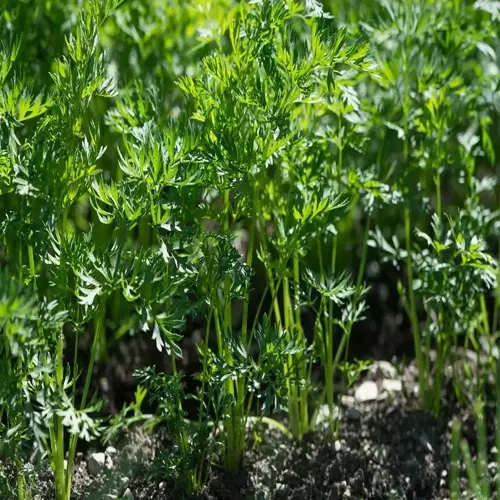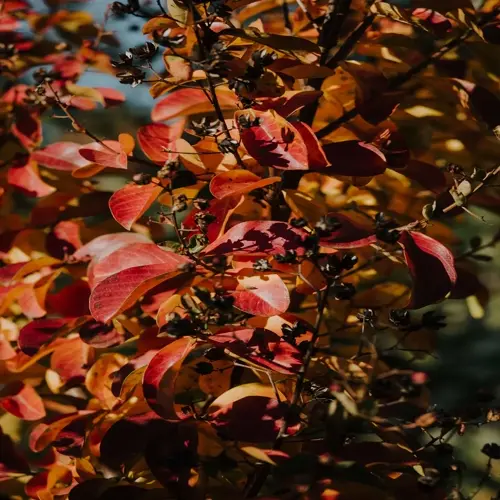What perennials should never be planted in fall?

Written by
Michael Sullivan
Reviewed by
Prof. Samuel Fitzgerald, Ph.D.Some perennials have high mortality rates when planted in the fall due to cold sensitivity and when they need to grow. Tropical varieties and heat-loving plants cannot establish their roots before winter (dormancy). I have seen many gardeners lose their entire investment, including months of planning and planting trees and shrubs, only to discover that they chose the wrong perennials, which can hinder their success. This understanding of exceptions can save costly mistakes.
Cold-Sensitive Perennial Solutions
- Overwinter tropicals in containers indoors
- Apply heavy mulch before first frost for borderline hardy plants
- Propagate cuttings in late summer for spring planting
Zone-Specific Exceptions
- Mediterranean herbs survive fall planting in zones 7+ with protection
- Pre-chill tubers of borderline plants before spring installation
- Use cloches or cold frames for microclimate creation
Tropical perennials like hibiscus have no cold hardiness and should never be planted in the fall. The tender roots will freeze before they can establish in cool soil. I have even seen an 80% winter loss in zone 7 without greenhouse protection. Rather, find the planting site and dig the hole(s) in advance. Then, plant in the spring after the last frost of the season and when the soil temperature exceeds 60°F.
Warm soil is required for late-season bloomers (like dahlias) to grow enough tubers. Planted in the fall, they miss out on the critical time for growth. They use stored energy before going dormant, which can lead to tuber rot. Planting should occur when the soil warms to 65°F in late spring for healthy establishment.
Mediterranean herbs struggle in wet winter soil with the usual fall transplanting, roots of lavender rot in a cold, damp, cream-of-wheat environment. In areas with soil drainage below 7, spring transplanting is the optimal approach. In southern climates, fall transplanting is effective if raised beds and gravel material are used.
Take protective steps for borderline plants. Overwinter tropicals in pots next to sunny windows. Apply root zone heating cables for borderline hardy specimens. These steps save plants that would not survive direct fall planting.
Make spring planting a top priority for your tender perennial flowers. Plan your beds (even last fall), but wait until temperatures are regularly warm. This syncs with their natural life cycles. Your patience yields healthy plants that withstand seasonal factors.
Read the full article: When to Plant Perennials: Expert Guide

